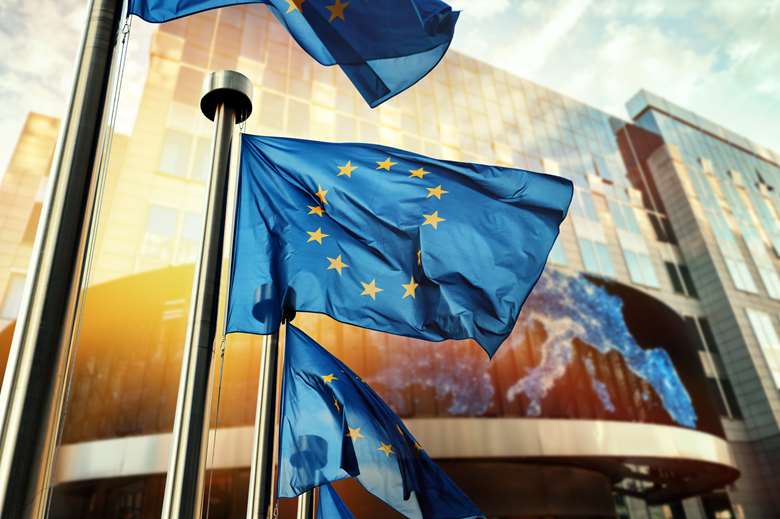UK government position on touring musicians increasingly untenable
Simon Mundy
Monday, January 11, 2021
Simon Mundy explores the reasons for the UK government's rejection of visa-free touring post-Brexit


Register now to continue reading
Don’t miss out on our dedicated coverage of the classical music world. Register today to enjoy the following benefits:
- Unlimited access to news pages
- Free weekly email newsletter
- Free access to two subscriber-only articles per month